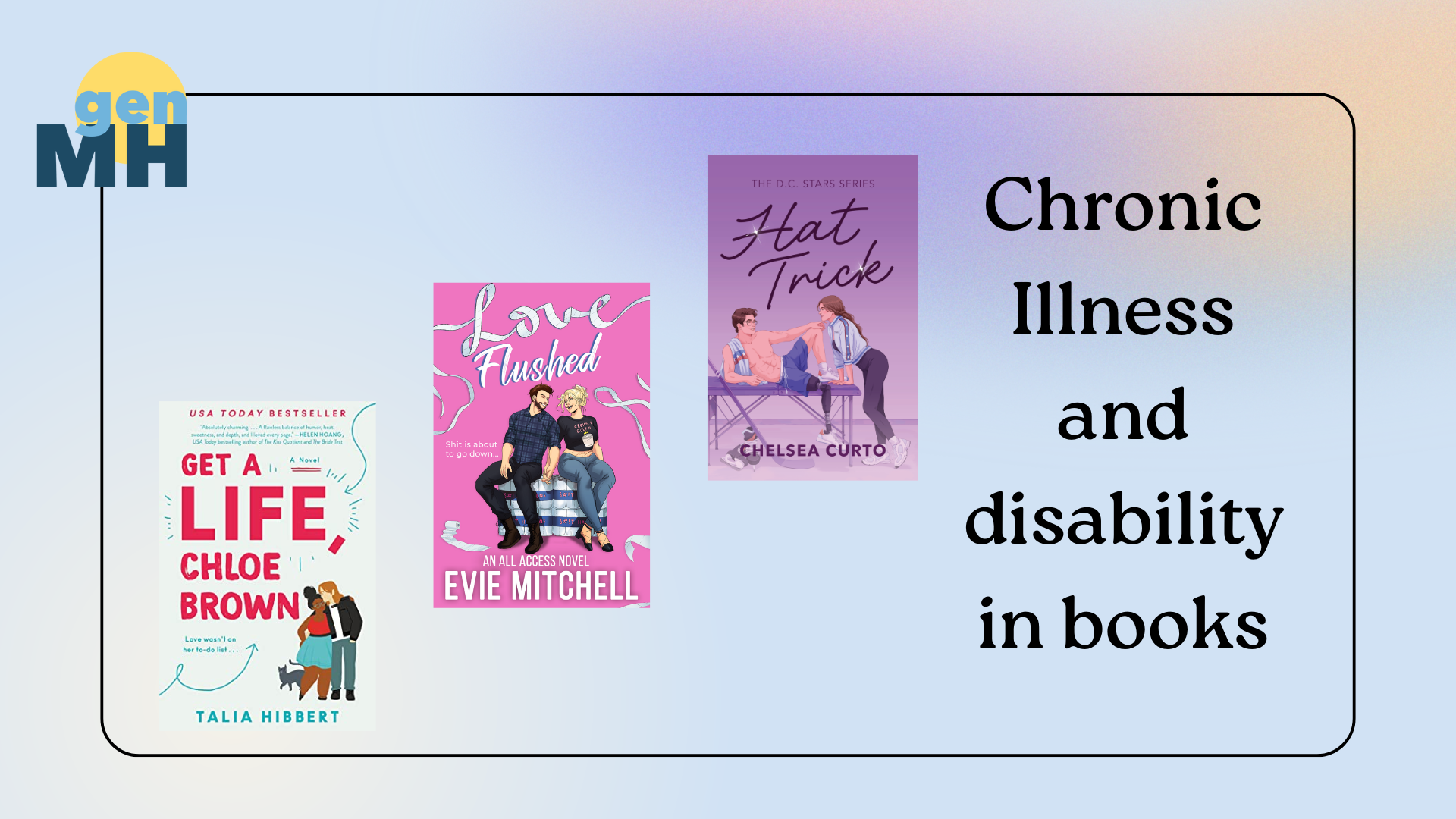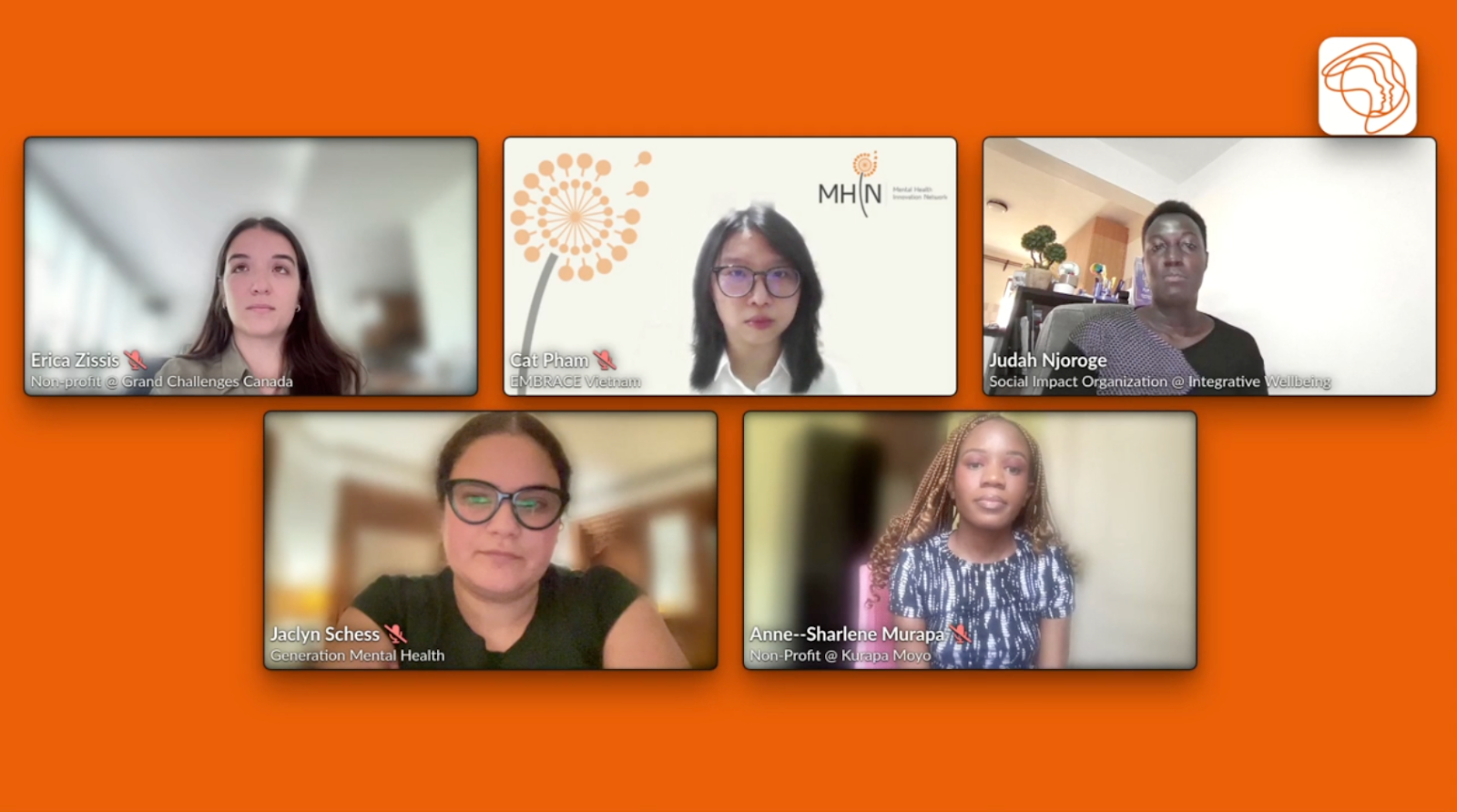2020 has brought a different meaning to the word normal.
It’s a tough time for all of us…but we can get through it as a collective.
The coronavirus (COVID-19) pandemic that emerged in November 2019 has left the world facing a plethora of new experiences and new emotions. In fact, one could almost say COVID19 virus reformed the world in ways that were not expected- at least to this magnitude. When national governments around the world started issuing nation-wide lockdown procedures, closing down borders, schools, universities, preventing large school gatherings, and workplaces started implementing working from home procedures; 2020 has brought a different meaning to the word normal.
Life before the virus was moving at such a fast speed, the idea of staying at home for a bit may have brought some sort of relief. In fact, it could have been seen as a golden opportunity to take a pause from the stresses of our daily lives, perhaps even take some time to find our hidden interests and hobbies we had put on the back burner, since we were “too busy”. Although it was a good change initially, as quarantine measures extended, the question of when our lives would return to normal became a persistent thought . Personally, I longed to be able to take my car out to work, to interact with my friends and colleagues again, in person rather than virtually. I miss lining up outside the movie theatre amongst a crowd of other enthusiastic movie junkies on premiere day. I miss sipping on a cup of cold brew coffee inside my local coffee shop. I know I will miss patio season in Toronto this summer, and mostly, I miss having the option to travel the world. That was my “before virus normal.” Now, much like everyone else, I am enduring a different kind of normal; one which often leaves me feeling extremely low. Especially when realizing that all of the plans and opportunities that I had before the virus became a global pandemic, were postponed or non-existent.
I recently watched as groups of people protested against quarantine and lockdown measures on CBC news (a news channel in Canada). In that moment, the first thought that came to mind was how detrimental this was to our progress in flattening the curve. Yes, we are all panic stricken, many of us are missing out on how our lives were before the virus. However, by gathering in large groups and protesting against lockdown measures, we run the risk of harming those around us and unjustly those that are adhering to the national protocols.
During these testing times, it’s important to realize that yearning for our lives before the virus is not a crime. Yet, we should do our best to ensure that we do not let our emotions take over the essentiality to follow safe protocols. COVID-19 is a global problem, one which indeed tests us very much so, but this is also a problem that can be overcome, if we stand united as a collective against the virus.
By Lahmea Navaratnerajah, GenMH Peer Advisory Board Member



